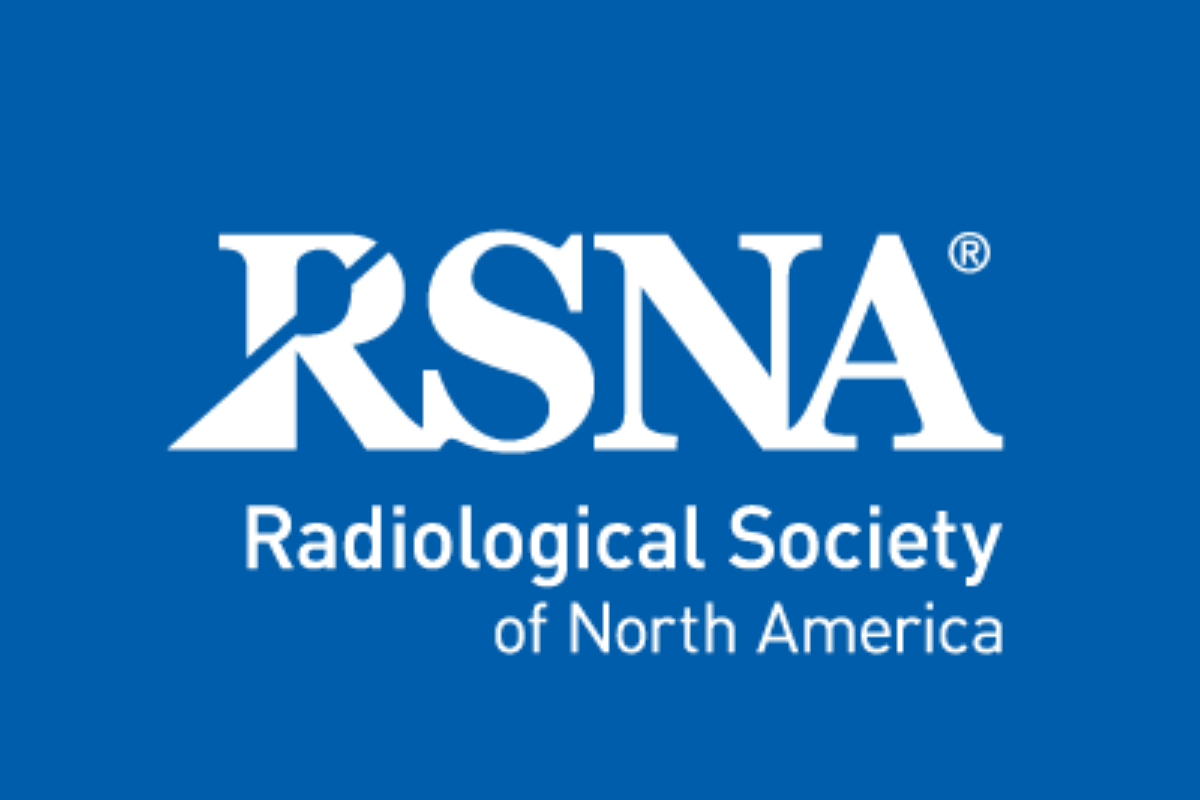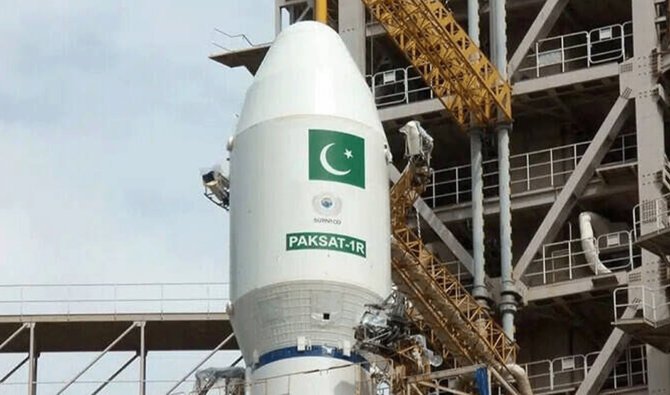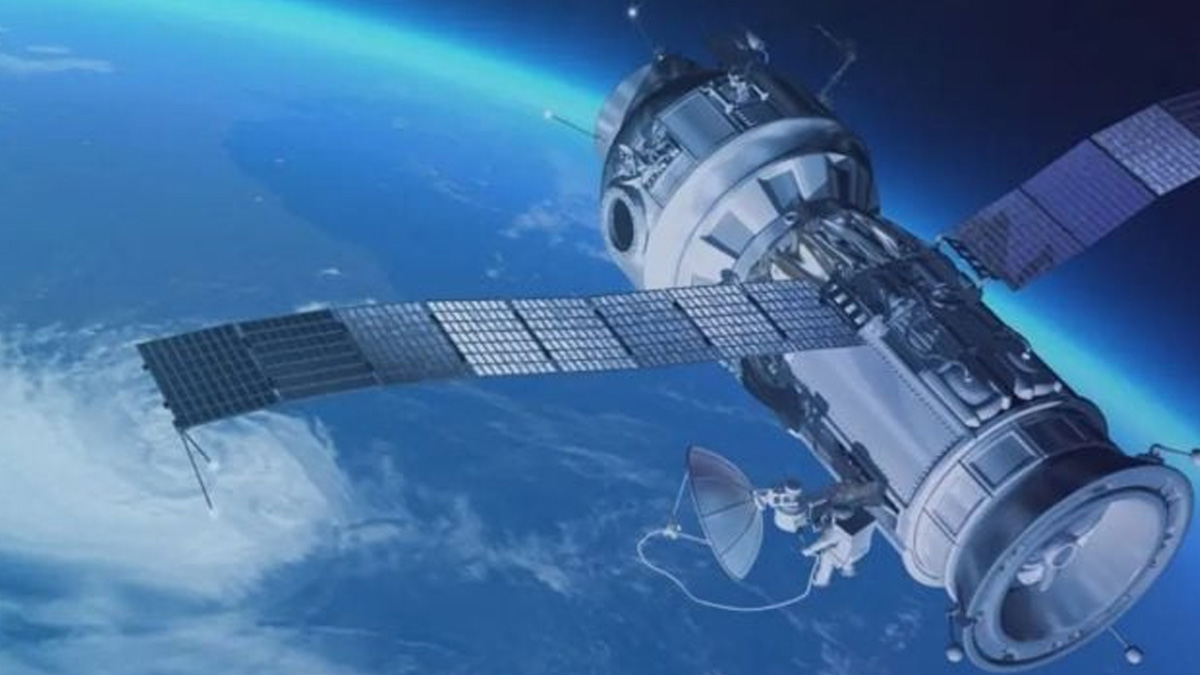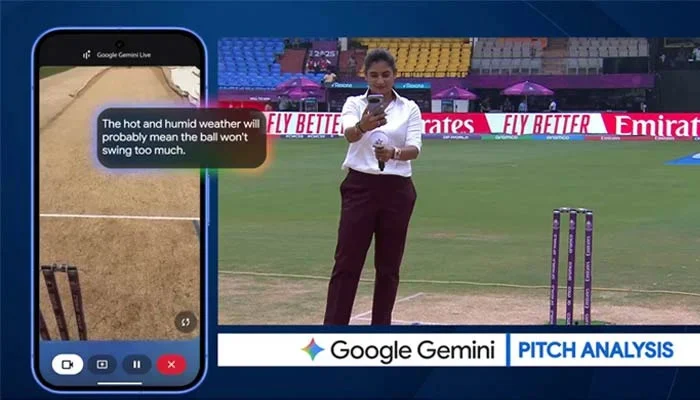- The RSNA Abdominal Trauma Detection AI Challenge was launched over the summer and hosted on Kaggle’s platform.
- The challenge attracted an impressive 1,125 teams from around the globe.
- The nine winning teams will be recognized in the AI Theater on November 27th.
Radiological Society of North America (RSNA) has unveiled the victors of its groundbreaking “RSNA Abdominal Trauma Detection AI Challenge.”
In collaboration with the American Society of Emergency Radiology (ASER) and the Society for Abdominal Radiology (SAR), RSNA orchestrated a global initiative that called upon researchers to develop artificial intelligence (AI) models capable of detecting severe injuries to internal abdominal organs and identifying active internal bleeding.
Representing the pinnacle of RSNA’s AI challenges since 2017, this competition reached unprecedented heights by tasking participants with creating AI models that could detect and classify traumatic injuries across multiple organs, including the liver, spleen, kidneys, and bowel. The international imaging dataset, a first of its kind assembled by RSNA, stands out as one of the largest and most diverse, featuring detailed clinical labels, radiologist annotations, and segmentations.
Dr. Jeff Rudie, an emergency radiologist and adjunct assistant professor at the University of California, San Diego, highlighted the dataset’s complexity, stating, “The dataset is annotated at multiple levels, including the presence of injuries in four solid organs with injury grading, image level annotations for active extravasations and bowel injury, and voxelwise segmentations of each of the potentially injured organs.”
To construct the ground truth dataset, the challenge planning task force gathered imaging data from 23 sites across 14 countries on six continents. This dataset comprised over 4,000 CT exams showcasing various abdominal injuries and an equivalent number of cases without injury.
Launched over the summer and hosted on Kaggle’s platform, the challenge attracted an impressive 1,125 teams from around the globe. These teams endeavored to develop machine learning models that could match the performance of radiologists in detecting, locating, and classifying the severity of abdominal injuries. The competition concluded in October.
The nine winning teams, announced as part of RSNA’s 109th Scientific Assembly and Annual Meeting, will be recognized in the AI Theater on November 27th. These teams, including notable names such as “Team Oxygen,” “On Strike,” and “Sushi Master,” will share a total prize pool of $50,000.
Traumatic injuries claim the lives of nearly 5 million people each year, as reported by the World Health Organization. Abdominal trauma, in particular, poses a significant threat, often resulting in damage to internal organs and subsequent internal bleeding. Rapid and accurate detection and classification of injuries are critical for effective treatment and positive patient outcomes.
Dr. Rudie emphasized the potential impact of the AI models developed during this challenge on patient care, stating, “The artificial intelligence models developed as part of this challenge have significant potential to advance patient care by assisting radiologists and other physicians to detect and grade different traumatic abdominal injuries.”
As the AI models stand poised to assist medical professionals in this challenging task, the RSNA Abdominal Trauma Detection AI Challenge marks a pivotal moment in the integration of AI technologies in the field of radiology, holding promise for improved patient care and outcomes.
[embedpost slug=”/fidelity-national-financial-hit-by-ransomware-amidst-industry-threats/”]





















